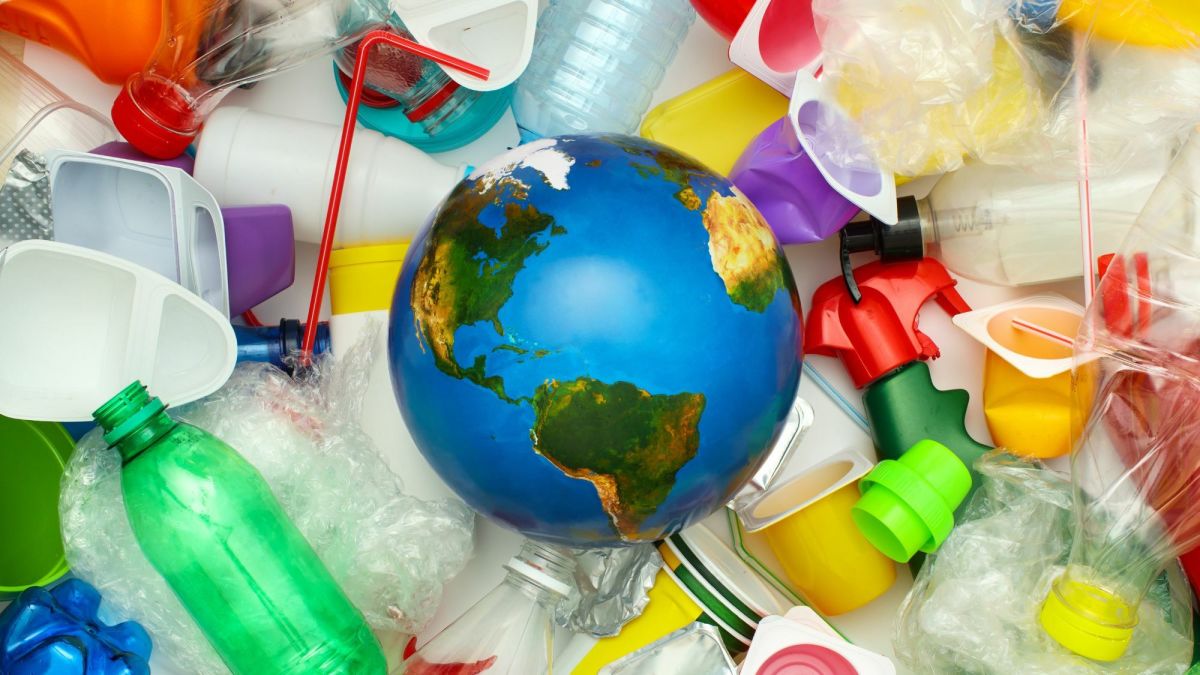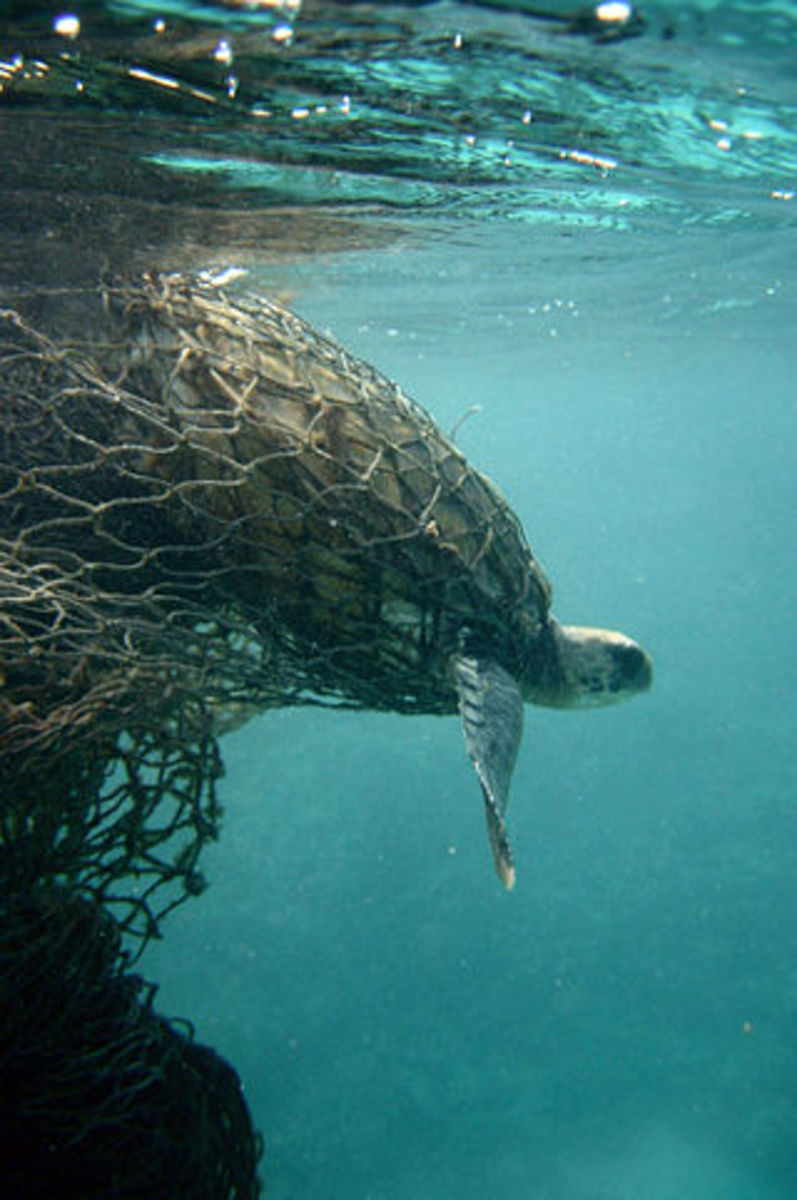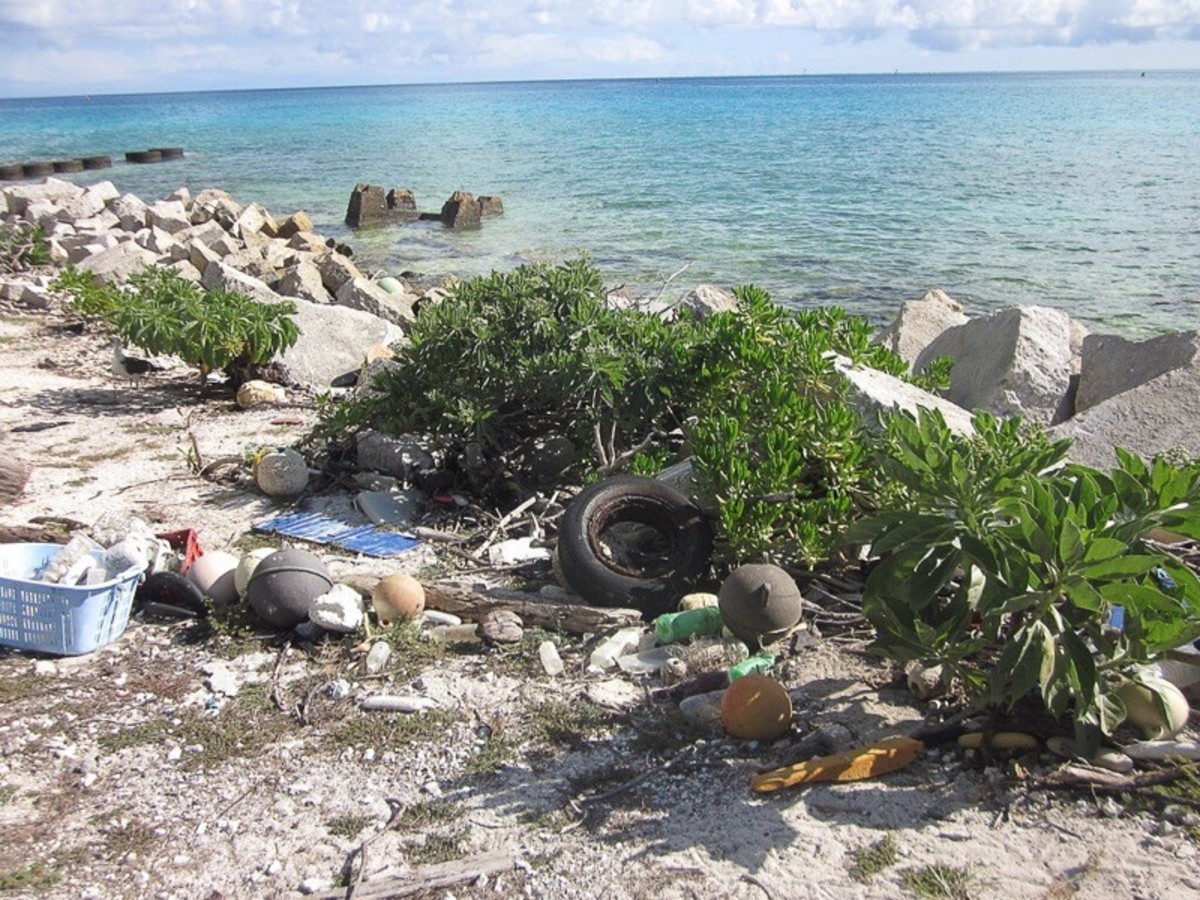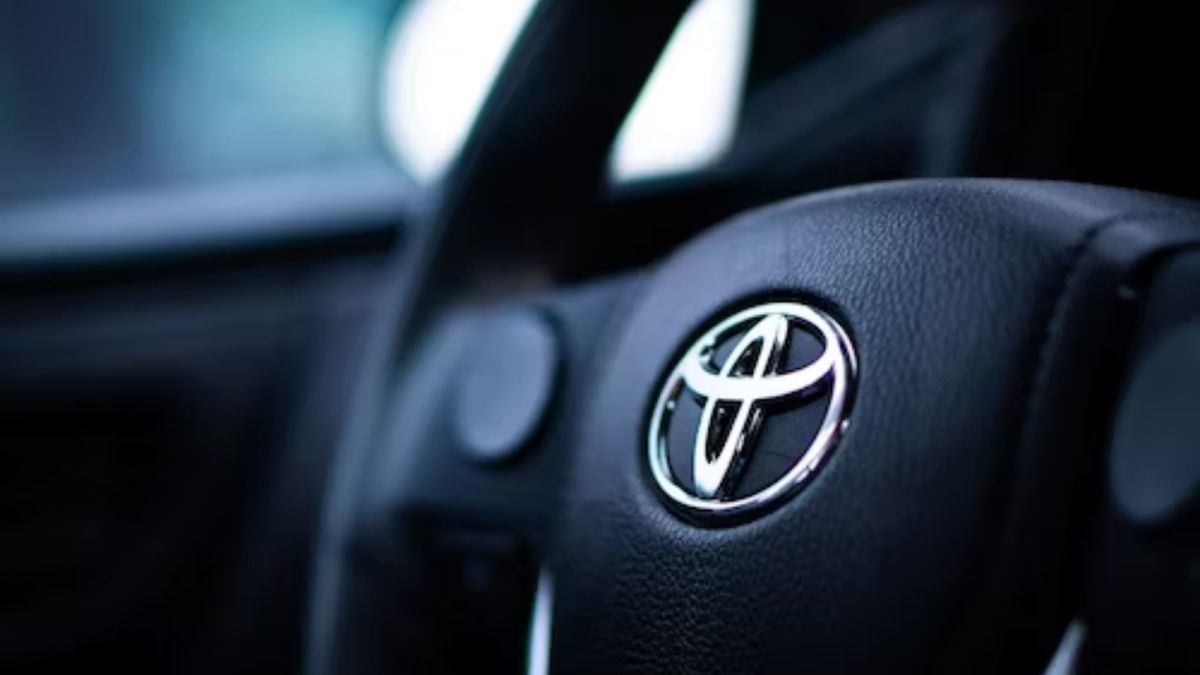Phthalates - how to be phthalates free
Plastic Toys with Phthalates
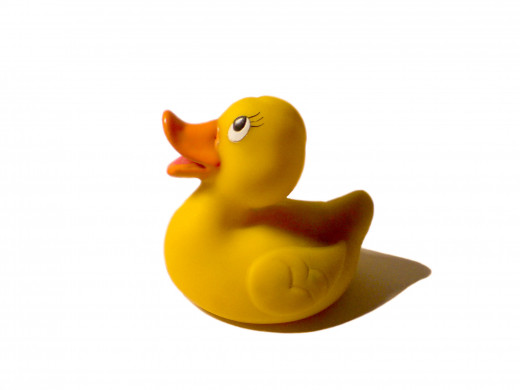
Medication Coated in Plastic
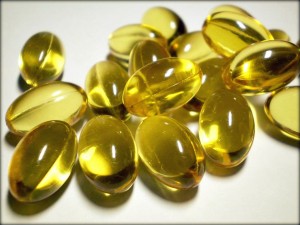
What Products are Phthalates used in?
Phthalates make plastics more flexible and less brittle. They also make fragrances last longer. So if we think about what sorts of things come packaged in soft plastics we will see that the list is almost endless. Here are just some of the things you can find phthalates in:
- Food and Beverage containers
- Perfumes
- Hair Sprays
- Cosmetics
- Shampoos and Conditioners
- Nail Polish
- Insect Repellents
- Carpets
- Rugs
- Vinyl Flooring
- Shower Curtains
- Toys
- Cabling and Wiring
- Raincoats
- Deodorants
- Vehicle Steering Wheels
- Dashboards, Gear Sticks and Indicators
- Medical Products including IV Lines and Fluid Bags
- Plastic Tubing of any sort
- PVC Pipes
- Pesticides and Herbicides
- Baby Care Products
- Coatings on Pills, Drugs and Medications
- Cleaning Products
Be Phthalates Free
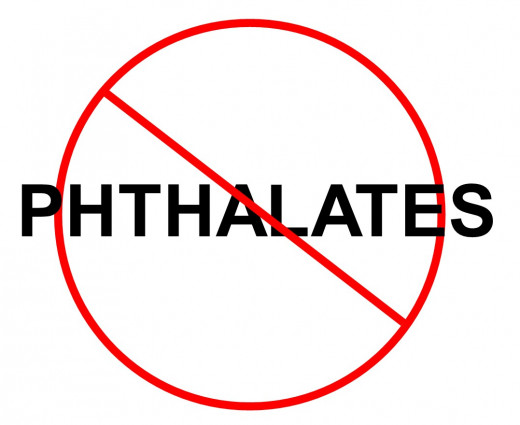
What actually are Phthalates?
The chemical compounds known as phthalates - "thal-lates" - are used in plastics and in cosmetics.
There are too many phthalates to list but they include:
- DBP (di-n-butyl phthalate)
- DEP (diethyl phthalate)
- DEHP (di-(2-ethylhexyl) phthalate or bis (2-ethylhexyl) phthalate)
- BzBP (benzylbutyl phthalate)
- DMP (dimethyl phthalate).
Phthalates allow larger polymer plastic molecules to move against each other with ease. This means that they make the normally hard compounds in plastics flexible and soft. Because of the looser structure of these compounds, they can become free ranging phthalates which easily escape from their plastic hosts, leading to familiar and often strangely comforting smells, such as the new car smell, fresh paint and new flooring. So your new car is actually a potential heath hazard!
How Widespread are Phthalates?
Phthalates are hugely prevalent. About a billion pounds pf phthalates are manufactured yearly. About 95% of people have detectable levels of phthalates in their urine.
If you think about it, it is easy to trace the uptake of phthalates into the human health system. For example, a person gets up in the morning and has a shower and a coffee. Here, the person is taking on phthalates from the shower curtain, deodorant, the plastic tubing containing toothpaste, any aftershave or perfume, moisturiser, shaving cream, make-up or sunscreen applied. And this is before even leaving the bathroom! In the kitchen, the coffee might come in a plastic container, but if not, the milk usually does. The water might be piped into the home through PVC pipes.
And so the day continues with phthalates in almost every product that a person comes into contact with. Non-organic fruits and vegetables are grown using pesticides and herbicides which contain phthalates. Dairy products contain phthalaes (milk is taken from cows using a plastic tube).
Even if the product you are using says that it is 'phthalates free' chances are the packaging the product comes in is not!
Is there a safe 'Phthalates load"?
No one really knows the answer to this, it is extremely controversial. Chemical companies and their lobby groups argue strongly that phthalates are harmless. Others disagree. The issue is extremely political, especially in the USA which unlike Europe has not restricted the use of phthalates to any great degree. Lobbying by organizations such as the American Chemical Council (ACC) can create much political support for companies that manufacture and sell products using phthalates.
There is no way to really know at this stage how high phthalates blood levels can reach before they become unsafe. However there is much evidence that high phthalates levels correspond with medical problems.
How much do you know about Phthalates?
view quiz statisticsWhat the heck are Phthalates?
What are the possible health risks to humans from Phthalates?
Phthalates are 'endocrine disruptors'. In male babies, this can mean that they are physically more feminine, see the video below for more information about this.
Studies have shown (often in laboratory animals) that the following medical problems could be associated with phthalates uptake:
- Reproductive defects in males
- Insulin resistance in males
- Obesity
- Breast cancer
- Allergies and Asthma
What are Phthalates & What are they in?
Logo for Company making Phthalates-Free Flooring
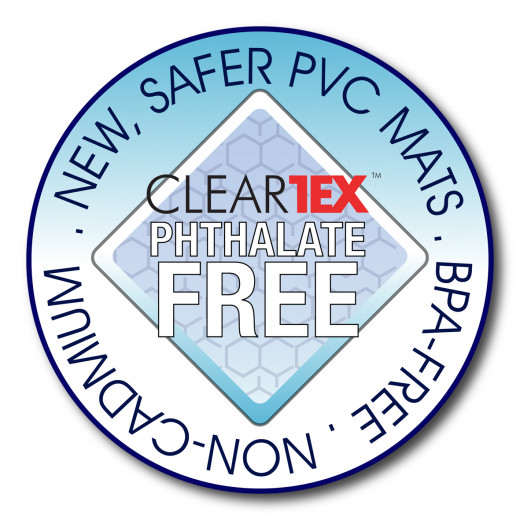
Phthalates and Obseity
Phalates and Bisphenol-A, Recycling Codes
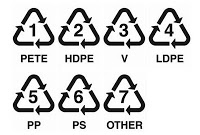
How to be Phthalates Free
Basic things you can do to protect your and your family from over-exposure to phthalates include:
- Allow new flooring, carpeting etc to breath and off-gas while you are not home
- Use masks and proper ventilation when painting
- Buy food, beverages, and personal care products in glass containers if possible
- Buy wooden toys - or phthalates free toys - some companies manufacture these, especially European toy-makers
- Check all plastic containers to see if they were made with phthalates - some are not, but these can still be dangerous, check below
- Avoid plastics with the recycling codes 3 and 7
- Do not use perfumes
- Use only natural deodorants
- Eat organic produce - grow your own if possible
- Use a reputable water filter
- Economically support companies that do not use phthalates
- Try to use either no cosmetics or make them yourself - see below
A lot of plastic wraps, food and water containers are phthalates-free.However, they often contain a compound called DEHA - (di(2-ethylhexyl) adipate) which is a very close associate of phthalates. So the best thing to do is to avoid plastics.
Green Beauty Guides - these books are extremely useful as they contain so many excellent recipes for making safe cosmetics at home. They will improve your health, and save you money also. Often the ingredients are really simple things. Make your own toothpaste, moisturizers and shampoos.
How to Start Being Phthalates Free
Ok, so all this sounds drastic and almost impossible. Short of going to the country and living without piped water and sewerage how can we be phthalates free? A good start is to take the measures listed above.
Also, one of the best ways to start being phthalates free is to get a Natural Living Expert to assess your situation and give you advice specific to your home. They can advise you what the best way forward is and how to avoid plastics in your life as well as how to live a happier and healthier life.
Poll
Are you trying to live greener?
Sources
- Plastic Troubles, Phthalates and Plastisizers, 31 August 2009: http://nutritionwonderland.com/2009/08/plastic-troubles-phthalates-and-plasticizers/
- How to Avoid Phthalates (even though you can't avoid phthalates), Maia James, Huffington Post, 14 January 2013: http://www.huffingtonpost.com/maia-james/phthalates-health_b_2464248.html
- Pthalates, what you want to know, Ashana Therapies: http://www.ashanatherapies.com.au/news/pthalates-what-you-want-to-know/47870
- About phthalates: http://www.ourstolenfuture.org/newscience/oncompounds/phthalates/phthalates.htm
- How to avoid phthalates in 3 easy steps, The Daily Green, 4 February 2008: http://www.thedailygreen.com/environmental-news/latest/phthalates-47020418
- Wikipedia
- Phthalates, Tox Town: http://toxtown.nlm.nih.gov/text_version/chemicals.php?id=24

